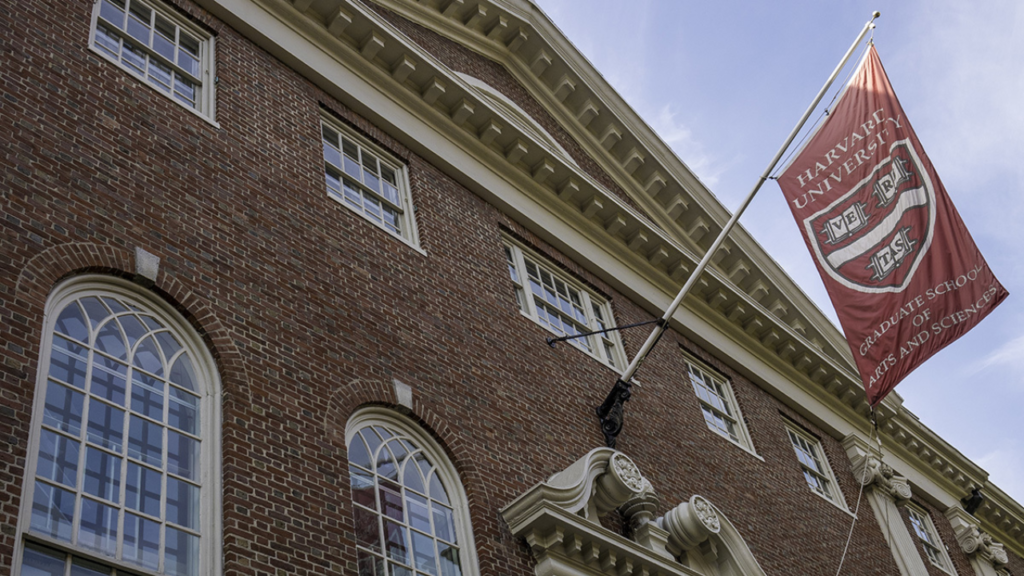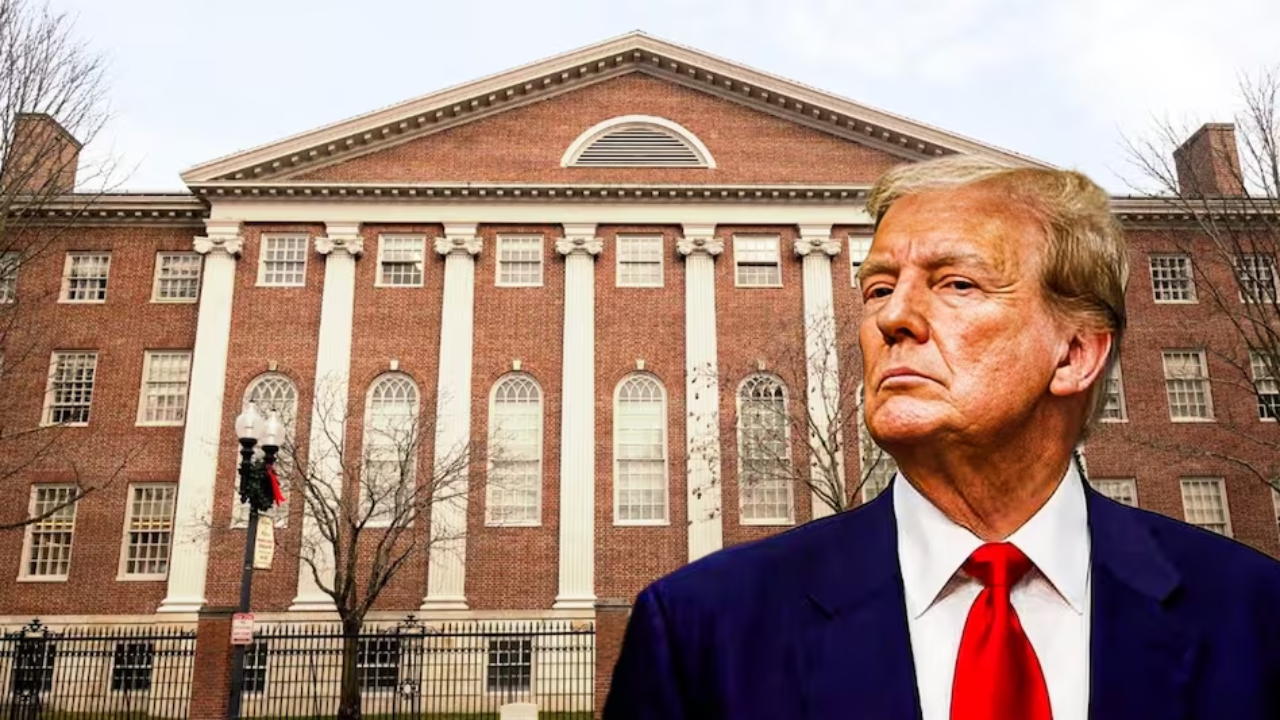Harvard University will not receive any new federal grants until it meets a set of demands from President Donald Trump’s administration, the Education Department announced on Monday.
This move marks a significant escalation in the ongoing tension between the Trump administration and the prestigious Ivy League institution.
Harvard had previously seen a freeze on $2.2 billion in federal grants, and the administration is now pushing to strip the university of its tax-exempt status.
In a letter sent to Harvard’s president, Education Secretary Linda McMahon criticized the university for what she called “serious failures” in its operations.
The official accused Harvard of fostering an environment of antisemitism and racial discrimination, abandoning academic rigor, and failing to allow a broad range of viewpoints to be represented on its campus.
To receive new grants, Harvard will have to negotiate with the federal government and demonstrate that it has met the administration’s demands.
These demands are part of a broader pressure campaign that has targeted several other high-profile universities, including Columbia University, the University of Pennsylvania, and Cornell University.
The Trump administration has emphasized its focus on combating antisemitism, particularly in light of pro-Palestinian protests at U.S. colleges in the past year.
The administration has also criticized the involvement of transgender athletes in women’s sports, as well as universities’ diversity, equity, and inclusion efforts.
In a letter to Harvard, McMahon also accused the university of admitting foreign students who showed contempt for the U.S. The Education Secretary stated that Harvard’s actions had undermined the U.S. education system, calling it a “mockery.”
Harvard, however, has pushed back against these accusations, arguing that the government’s actions are an attempt to exert improper control over the university. In response, the university has filed a lawsuit to challenge the funding freeze.

Harvard President Alan Garber has stated that the university will not comply with the government’s demands. In a conversation with alumni, Garber acknowledged that there were some valid concerns about antisemitism, freedom of speech, and the representation of different viewpoints at the university.
However, he argued that the federal government’s interference posed a serious threat to the university’s autonomy and its ability to maintain independent governance.
The university’s lawsuit claims that the funding freeze violates Harvard’s First Amendment rights and infringes on protections under Title VI of the Civil Rights Act. Garber emphasized that this conflict extends beyond Harvard and represents a broader threat to the future of higher education in the U.S.
He framed the government’s actions as an “assault on higher education” that could have far-reaching implications for universities across the country.
Harvard’s substantial endowment, valued at $53 billion, allows the university to rely less heavily on federal funding compared to many other institutions.
However, federal money still accounts for a significant portion of the university’s revenue, with federal research grants contributing to 10.5% of its income in 2023.
Harvard’s endowment also plays a key role in supporting university operations, with about a third of its total budget coming from the interest generated by the endowment.
In response to the freeze on federal funding, McMahon suggested that Harvard could rely on its large endowment to cover its operational costs and consider raising money from wealthy alumni.
While Harvard could draw more from its endowment, university officials generally avoid spending more than 5% of its value annually to maintain investment returns. Additionally, much of the endowment is earmarked for specific purposes by donors, limiting how much of it can be used for general operations.
The ongoing battle between Harvard and the Trump administration has sparked a wider debate about the role of universities in shaping public discourse, academic freedom, and government involvement in higher education.
With the Trump administration continuing to exert pressure on institutions like Harvard, the outcome of this clash could set a precedent for how future administrations engage with universities across the nation.
Disclaimer- Our team has thoroughly fact-checked this article to ensure its accuracy and maintain its credibility. We are committed to providing honest and reliable content for our readers.






